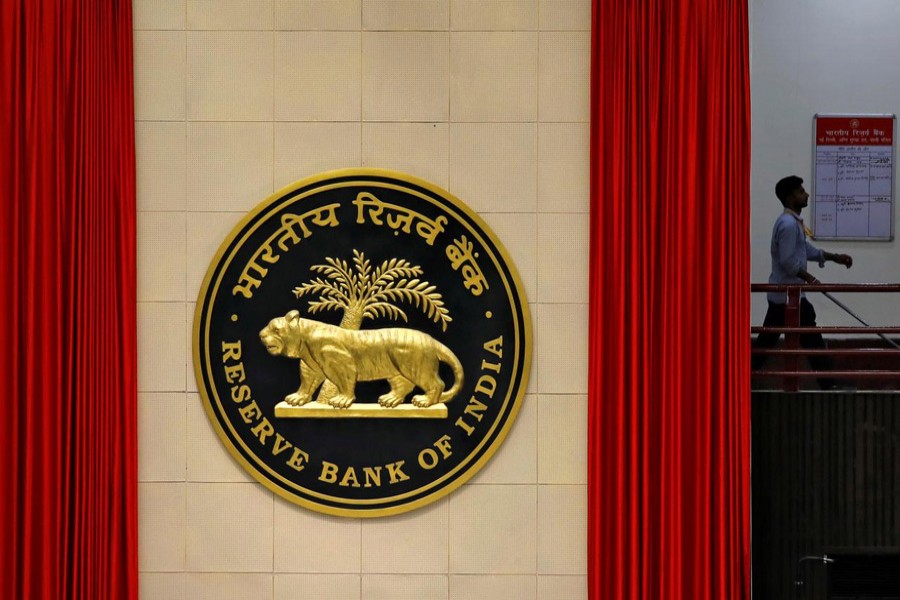The Indian government will receive a windfall from the Reserve Bank of India (RBI) in the current financial year thanks to a much higher-than-expected dividend, allowing Prime Minister Narendra Modi’s administration to provide a tottering economy with additional fiscal stimulus.
The decision by a committee specifically set up to look at whether the RBI was holding on to too much of its reserves recommended that it provide the government with 1.76 trillion rupees ($24.62 billion) as a dividend in the bank’s fiscal year that ended on June 30.
Although 280 billion of the 1.76 trillion rupees has been transferred to the government, that leaves 1.48 trillion rupees to be moved across in the current fiscal year that started on April 1, a statement by the RBI said on Monday.
The RBI follows the July to June 12 month calendar.
The amount of transfer this year is more than double the 680 billion rupees that it provided in the previous year. The committee’s proposal was backed by the RBI’s board.
“This is a structurally positive move as the surplus sitting with the central bank will now be used to stimulate the economy not only now but in the years to come,” said Mahendra Kumar Jajoo, head of fixed income at Mirae Asset Global Investments in India.
He said the transfer of funds may not change the fiscal deficit much, but the bond market will take it very positively.
“The upside risks to bond yield will reduce considerably and give confidence to the market players to build long positions,” he said.
It will, though, lead to concerns that the government has again been able to bully the central bank into doing its bidding. New Delhi’s pressure on the Mumbai-based RBI helped to trigger the departure of former central bank governor Urjit Patel last year.
Finance minister Nirmala Sitharaman proposed a series of measures to help the economy and financial markets in an announcement on Friday but some economists said there was a need for an additional stimulus package.
A source familiar with discussions said the government will use the funds to stimulate the economy by cutting taxes and providing more money for housing finance companies.
The committee recommended that the central bank should keep 5.5 to 6.5 per cent of its total assets as the contingency risk buffer (CRB) to meet any emergency fund requirements and transfer the remaining funds to the government, the statement said, as against nearly 7.0 per cent in 2017/18.
The central board will decide on the level of the risk provisioning from this range, the statement said.


